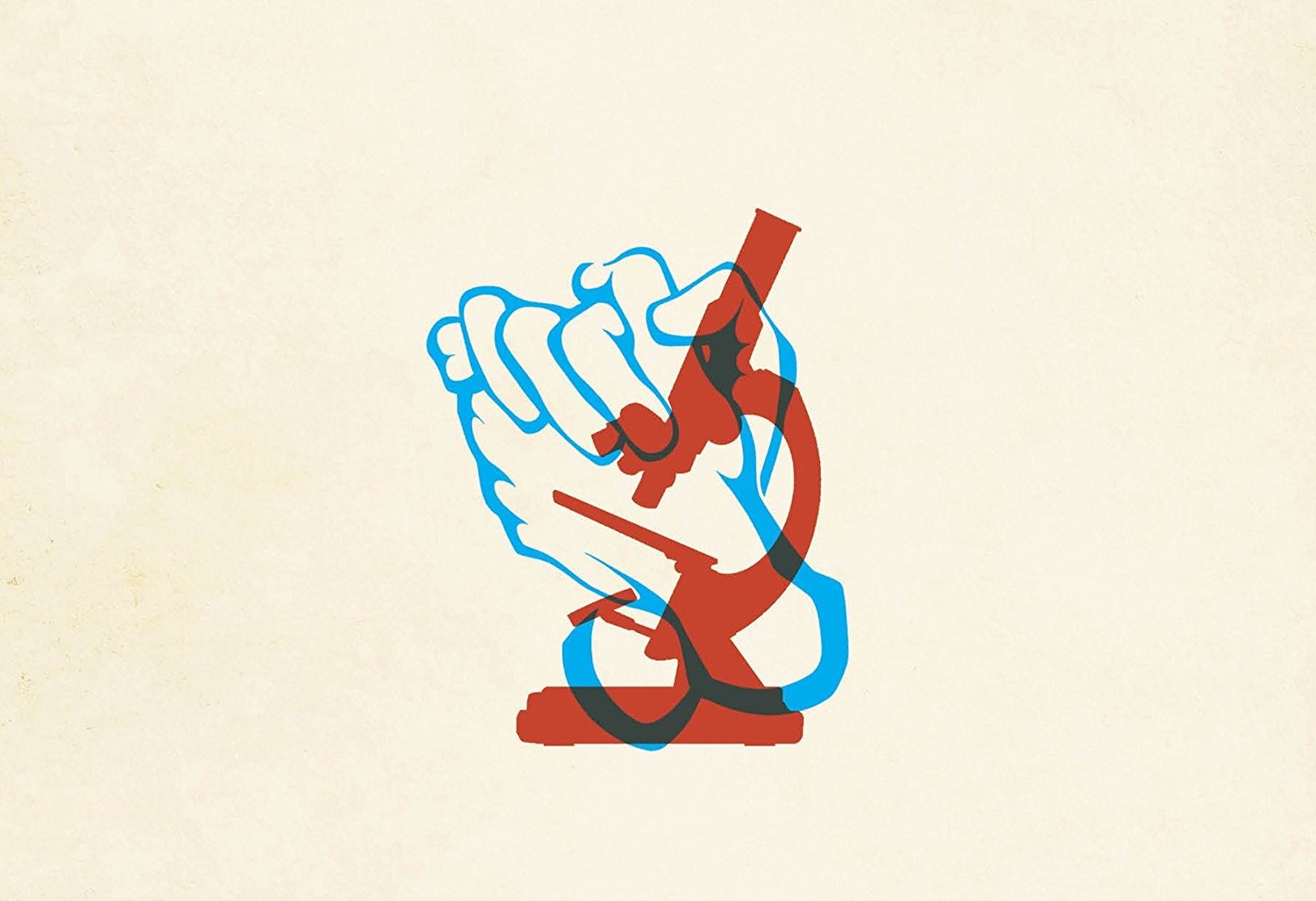The tension between science and religion is as old as the Torah itself. Last week, we celebrated Simchat Torah, the holiday on which we mark another year of completing the Torah reading cycle. Now we begin again at the very first chapter, Parashat Bereshit.
The Torah opens by teaching: “When God began to create the heavens and the earth, the earth being unformed and void, with darkness over the surface of the deep and a wind from God sweeping over the water — God said, ‘Let there be light’; and there was light.”
The Torah describes the subsequent steps of creation: God creates day and night; sky and water; grasses and trees; sun, moon, and stars; birds and fish; land animals; and finally, humans, all in the course of six days.
Already, in these first few verses of the Torah, we see narratives that conflict with our modern, scientific understanding of the origins of our universe. The widely accepted scientific theories of our day contradict the process of creation outlined in our most sacred texts.
Scientists teach that the universe was created through the Big Bang, a physical and chemical process during which high temperatures and densities collided and then cooled to create atoms; the Torah tells us that an Intelligent Designer was behind it all. Scientists teach that all species have undergone a process of evolution; the Torah teaches that God simply created them in their current forms. According to scientists, our universe is trillions of years old; according to the Torah, the universe turned 5781 this past Rosh Hashanah.
What do we do with this conflicting information, especially as modern Jews, committed both to our religious heritage and to scientific knowledge? This is a question that is becoming increasingly urgent as many in our nation discount and distrust the scientific process.


Many scientific scholars and religious thinkers have worked to reconcile scientific fact with religious and spiritual sensibilities. Two of the most notable books on the subject are God and the Big Bang: Discovering Harmony Between Science & Spirituality by Daniel Matt, who wrote the most authoritative translation of the Zohar (the main collection of medieval Jewish mysticism), and The Great Partnership: Science, Religion, and the Search for Meaning by Rabbi Lord Jonathan Sacks, the former Chief Rabbi of the United Kingdom.
But these are not the first Jewish scholars to reconcile science and religion. Unlike the well-documented persecution of scientists in Medieval Europe, our Jewish forebears were both deeply committed to Torah and to the most cutting-edge science of the day. The Talmud spends much time discussing achievements in medicine, astrology, mathematics, and meteorology as they relate to Jewish life. Maimonides, who lived in the 12th century, was not only one of the greatest Torah commentators and Jewish legal theorists of all time, but was also a physician. Jewish thinkers have always been deeply committed to the exercise of our rationality and our capacity to think critically; Jews have rarely emphasized blind, unquestioning faith as a religious priority. Nothing is more Jewish than asking questions and interrogating assumptions, which are the core values of the scientific world.
Our tradition is one that has always been friendly toward science. After all, if we want to know more about who we are and how we should live — the ultimate purpose of Judaism — we should use all of the tools at our disposal, including scientific knowledge. And while the specifics of science might sometimes cause us to question the literal meaning of our sacred texts, this doesn’t have to destabilize our religious commitments. After all, a world without sacred stories, poetry and art would be just as empty as a world without science. Our lives are enriched when we have both.
If you want to learn more about the making of a modern Jew, consider attending Wisdom of the Sages this weekend. Professor Michael Berkowitz from University College in London will join Rabbi Andy Bachman’s study group on Sunday morning at 9 am. Michael is a noted scholar of Jewish cultural identity and an expert of material culture and images. Zoom Link Here (Meeting ID: 824 5721 4121; Password: AKIVA).
I look forward to bringing in Shabbat with you on Instagram Live tonight at 6 pm.

